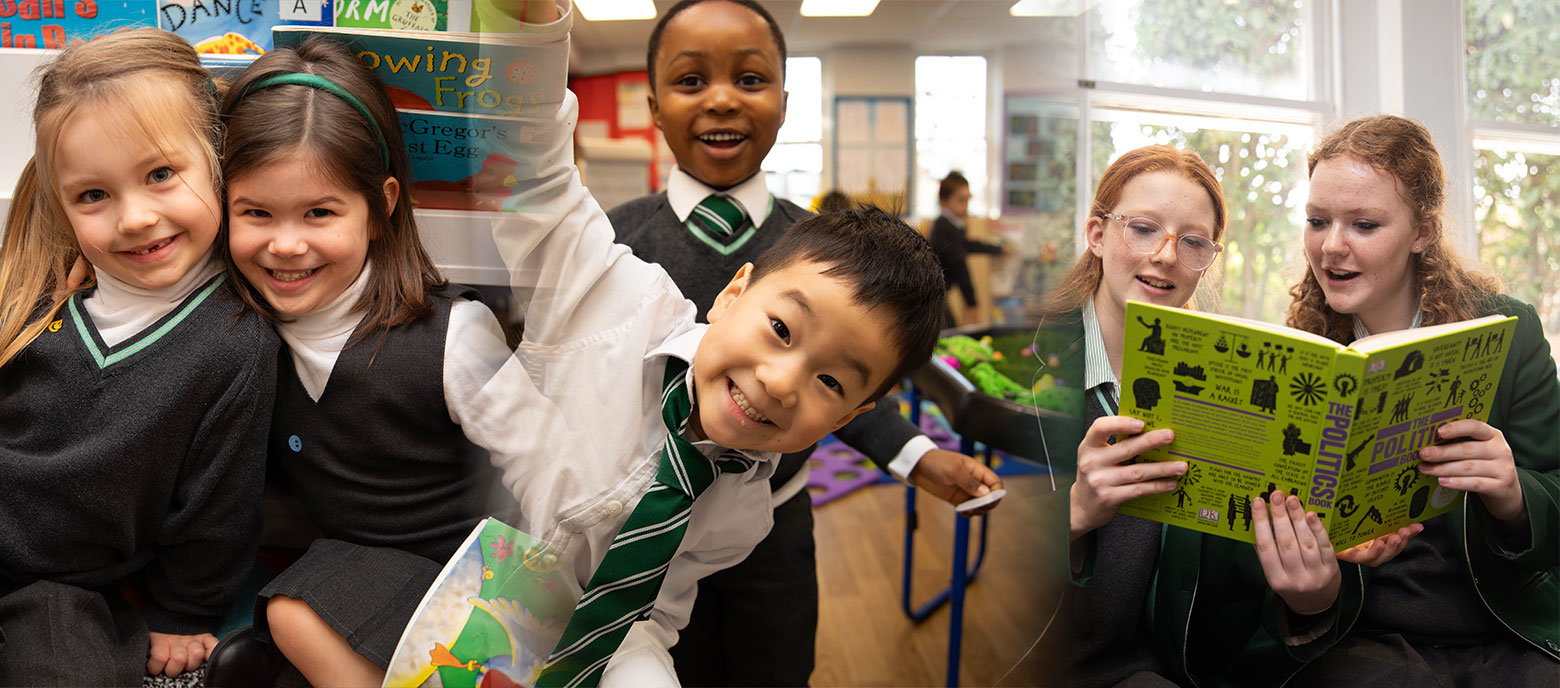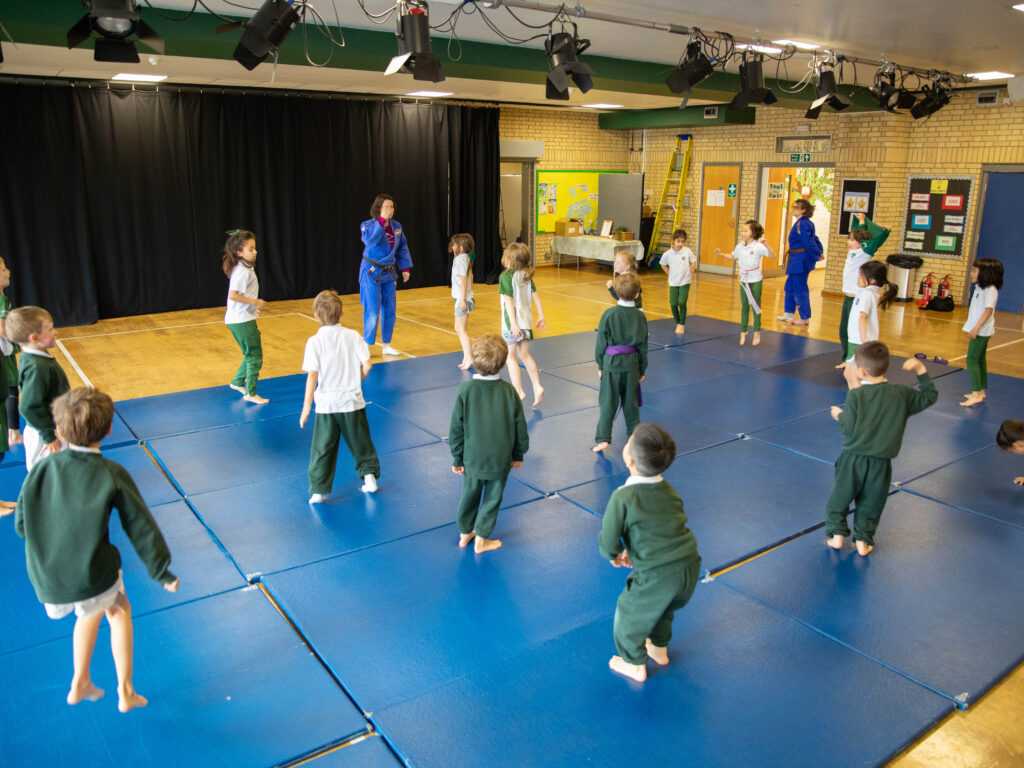The structured environment of competitive sport offers a unique and invaluable complement to a child’s development; competitive sport is not merely about physical exertion, it’s a tool for character building, skill development and lifelong lessons.
Both Louise McCabe-Arnold, Head of Surbiton High Girls’ Preparatory School, and Tracey Chong, Head of Surbiton High Boys’ Preparatory School, believe competitive sport provides children with a platform for holistic growth, alongside the well-known benefits for physical health.
Louise McCabe-Arnold considers competitive sport to be excellent for a child’s personal growth and development highlighting how it helps to nurture discipline, goal-setting, teamwork and resilience – qualities that extend far beyond the playing field. She focuses further on the growth of “mental toughness,” within children through competitive sport. “It’s about the discipline to go to practice, to keep going with something when you’re finding it difficult,” she explains.
The synergy between physical and mental development is a cornerstone of the benefits derived from competitive sports. Tracey Chong reflects on the importance of fundamental physical skills that sport helps to nurture within children, such as catching, throwing and coordination, which form the building blocks for a wide range of other sports and physical activities.
Beyond physical prowess, competitive sport cultivates a sense of camaraderie and cooperation. As Louise McCabe-Arnold puts it, “It’s giving the children an opportunity to collaborate with each other, to get together, work out their strengths and their weaknesses as a team”. These collaborative experiences are invaluable, nurturing communication, problem-solving, and a sense of belonging.
Importantly, competitive sport is not solely the domain of the naturally athletic. Louise McCabe-Arnold and Tracey Chong believe success can be achieved by everyone, but wholeheartedly endorse that “whilst we want children to enjoy winning, it’s about the effort levels they’re putting in as well”. This focus on personal improvement and enjoying the process is a hallmark of the weekly celebration assembly where teams can be recognised and praised for a wide range of outcomes including the ability to graciously handle defeat.
While the benefits are numerous, it’s essential to maintain a balanced perspective. As Tracey Chong and Louise McCabe-Arnold caution, excessive pressure on young athletes can be counterproductive. The joy of participation should always take precedence. By striking a balance between competition and enjoyment, parents and coaches can help children develop a lifelong love of sport and reap the associated rewards. The most important goal and the sincere hope of both Tracey Chong and Louise McCabe-Arnold is that they are giving pupils a “lifelong love of sport and exercise”.
Learn more about the Boys’ Prep Sports Programme, and Girls’ Prep Sports Programme.
Categories: Blog Leading, Teaching and Learning Thought-leadership




